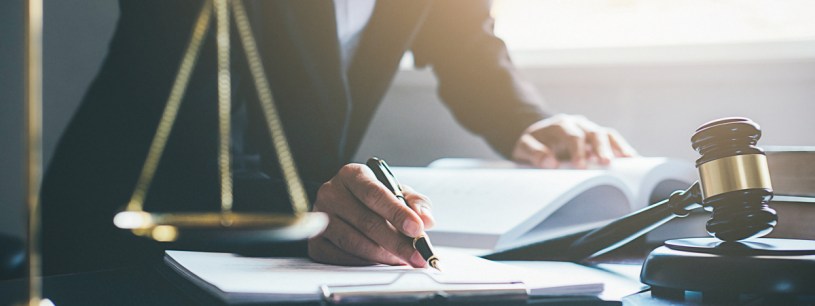Introduction:
In the dynamic realm of environmental advocacy, lawyers play a pivotal role in addressing and mitigating the legal challenges that arise in the pursuit of a sustainable and ecologically balanced world. As we step into 2023, the intersection of law and environmental activism presents a complex landscape with multifaceted challenges. This exploration delves into the indispensable role of lawyers in environmental advocacy, unraveling the legal intricacies and proposing innovative solutions to safeguard our planet.
- Navigating Regulatory Frameworks: The Legal Tapestry of Environmental LawsLawyers involved in environmental advocacy are at the forefront of deciphering and navigating the intricate web of environmental laws. From international treaties to national regulations, these legal professionals ensure that their clients, be they environmental organizations or affected communities, are well-versed in the legal frameworks that govern environmental protection. This involves staying updated on amendments, ensuring compliance, and advocating for the strengthening of existing laws where necessary.
- Litigation for Environmental Justice: Taking Polluters to CourtEnvironmental lawyers often find themselves at the forefront of litigation against entities responsible for environmental degradation. Whether it’s holding corporations accountable for pollution or advocating for affected communities, legal professionals play a crucial role in seeking justice through the court system. This involves gathering evidence, presenting compelling legal arguments, and leveraging their expertise to secure favorable outcomes for environmental causes.
- Land Use and Conservation: Balancing Development and PreservationA significant challenge in environmental law revolves around striking a delicate balance between development and conservation. Lawyers specializing in land use and conservation work towards crafting legal solutions that allow for sustainable development while safeguarding critical ecosystems. This may involve negotiating land-use agreements, advocating for protected areas, and challenging projects that pose a threat to biodiversity.
- Climate Change Litigation: Holding Governments AccountableWith the increasing urgency of climate change, lawyers are increasingly engaging in climate change litigation to hold governments accountable for their environmental responsibilities. This may involve advocating for stronger climate policies, challenging government decisions that contribute to environmental harm, and representing communities impacted by climate-related events.
- Collaboration with Environmental NGOs: Strengthening the Advocacy FrontLawyers often collaborate with environmental non-governmental organizations (NGOs) to amplify the impact of their advocacy efforts. By providing legal expertise, these professionals empower NGOs to navigate legal complexities effectively, whether it’s in drafting impactful legislation, filing lawsuits, or engaging in strategic legal campaigns.
Conclusion:
In 2023, lawyers engaged in environmental advocacy find themselves at the nexus of legal complexities and environmental challenges. Their role is not just confined to interpreting laws but extends to actively shaping legal solutions that contribute to a sustainable and resilient future. As legal stewards of the environment, these professionals are instrumental in upholding the principles of justice and preserving the delicate balance between human activities and the well-being of our planet.

